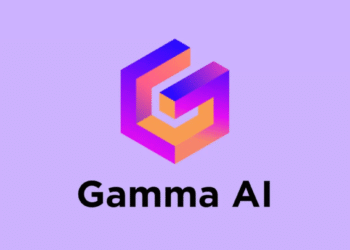The Central Bank of Nigeria (CBN) has announced an upgrade to its digital currency eNaira which will allow the currency to be used for a wider range of financial transactions including bill payments, TechNext reports.
Bariboloka Koyor, Lagos’ CBN branch controller, confirmed at a campaign that Nigeria’s Apex Bank will launch an upgrade to the digital currency from next week.
“Starting from next week, there is going to be an upgrade on the eNaira speed wallet app that will allow you to do transactions such as paying for DSTV or electric bills or even paying for flight tickets,” Koyor said. “Also, the USSD code *997# is out and it is just for more people to be aware of it and begin to use it.”
“With the eNaira speed wallet, compared to the internet banking that many are used to, it is fast and convenient and there are no charges,” he continued. “The eNaira will be an instrument that will be used going forward by the government to disburse funds that they want to give to alleviate poverty, so the advantage is for people to onboard early.”
The eNaira has come under strong criticism since its launch and the upgrade to the Central Bank Digital Currency (CBDC) is aimed to improving the currency’s viability in the country and promote more usage by citizens through sensitisation.
“This is a project that the CBN has rolled out to reach out to every Nigerian in terms of financial inclusion and in terms of efficiency, reliability and safety of banking transactions so that we can do banking transactions very easily and safely and the people in Nigeria can enjoy the benefit of the eNaira.”
“It is a new project and the people in the market are excited about the project and accepted it and we are sensitising people everywhere in the country.”
Launched in October 2021, eNaira is a Central Bank of Nigeria-issued digital currency that provides a unique form of money denominated in Naira through financial inclusion.
The CBN claims the purpose of the digital currency is to improve the efficiency of transactions as well as reducing the cost of cash processing.



